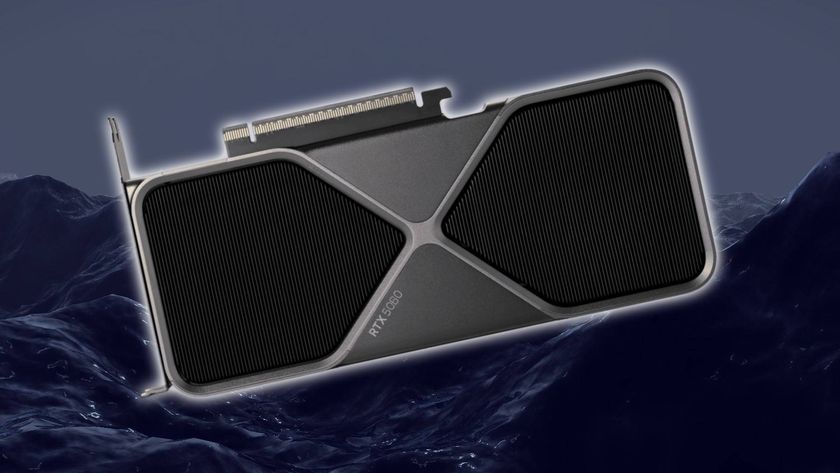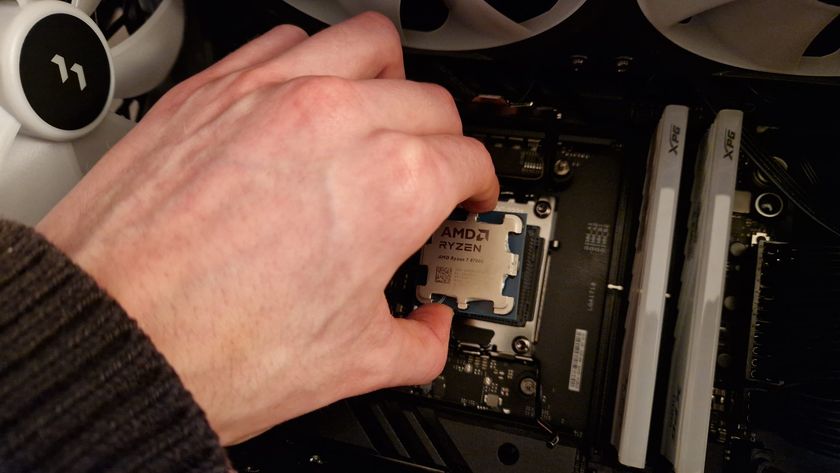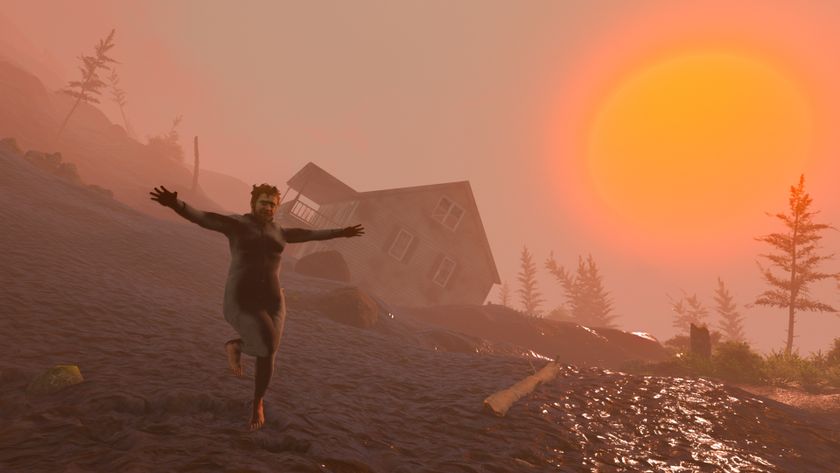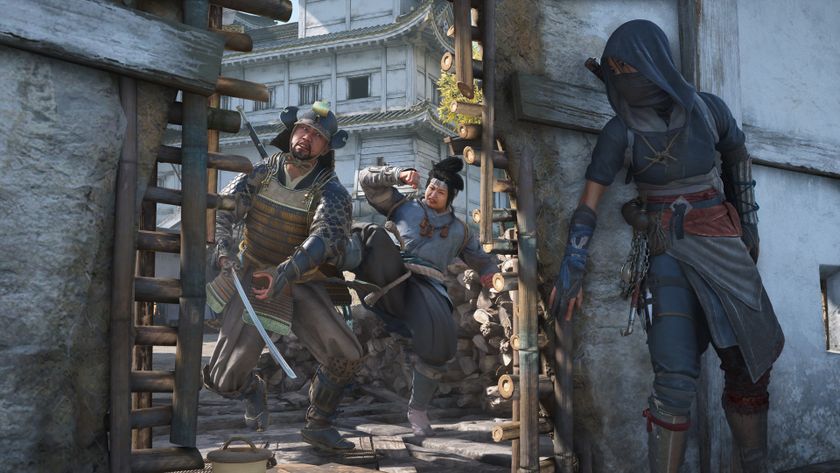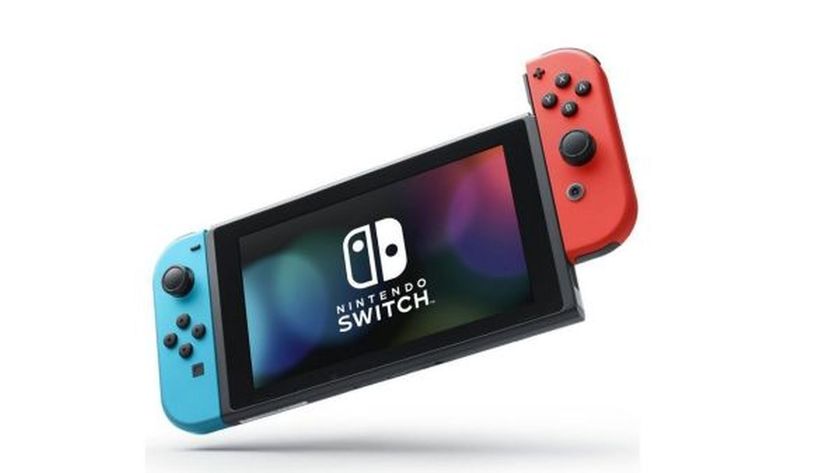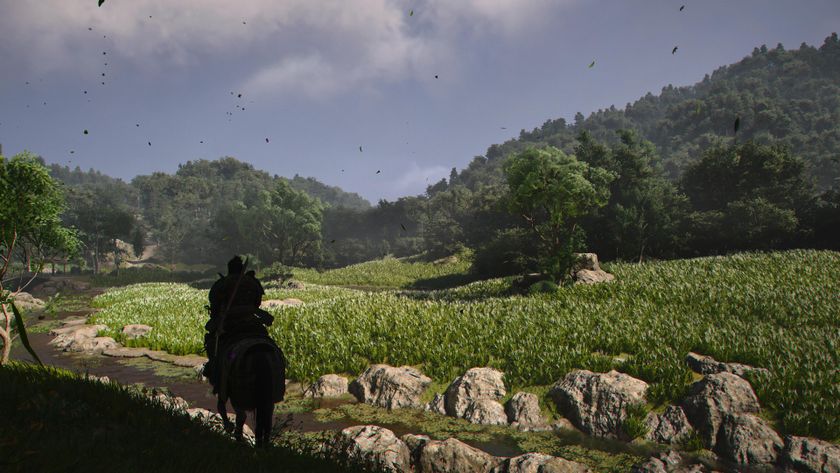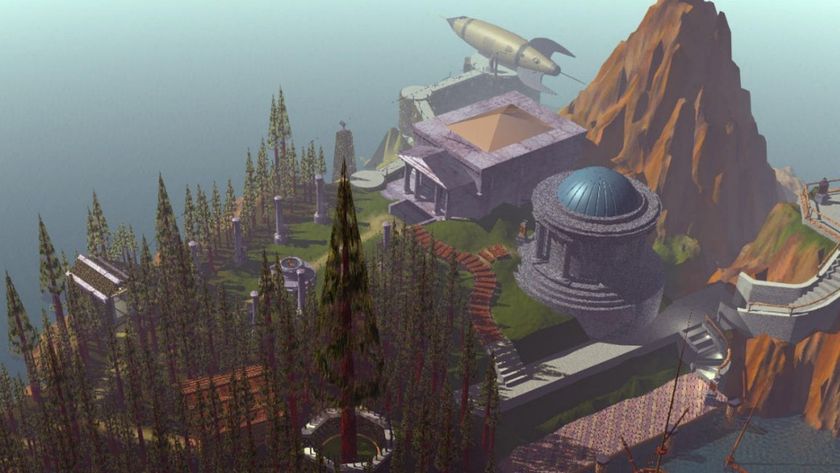Your RTX 3080 and other older GPUs could get new AI superpowers after RTX 5090 launch, and I'm happy Nvidia is even considering it
Nvidia Frame Generation for older graphics cards isn't off the table.
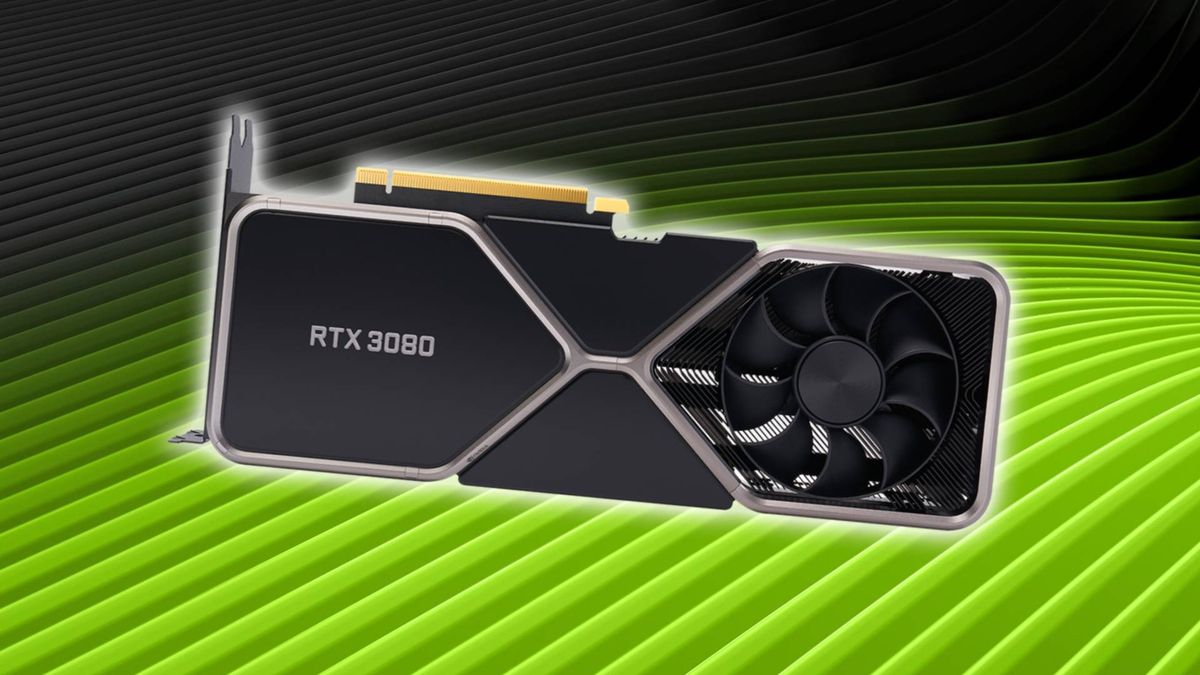
Those of you with an RTX 3080 or one of Nvidia's older GPUs will no doubt be feeling a bit of Frame Generation FOMO. The tech first arrived alongside the RTX 40-series and has since evolved into a new Multi-Frame Generation feature supported by cards like the RTX 5080 via DLSS 4. However, the green teams seems to have older models on its mind, and support for your old Ampere graphics card isn't out of the question.
In an interview with Digital Foundry, Nvidia's Deep Learning VP Bryan Catanzaro delved into DLSS 4, the AI upscaling suite that could convince you to buy an RTX 5080. During the chat, Catanzaro is quizzed on what's keeping the feature from running on RTX 3000, a question that's been on my mind for years seeing as it can unofficially run on those cards.
Thankfully, Catanzaro's response was pretty hopeful, as the VP says while "it's primarily a question of optimization, and also engineering, and then the ultimate user experience," Nvidia apparently plans to see what it can "squeeze out of older hardware in the future."
Naturally, the company is primarily focused on DLSS 4 right now, using those juicy new Tensor cores to push Frame Generation to new heights. But, once the next generation store settles down and we're out of the RTX 5090 pre-order woods, perhaps we'll see the green team imbue RTX 30-series GPUs with some of those abilities, even if the "multi" part is reserved for new cards.
Should you upgrade your GPU to an RTX 5000 graphics card?
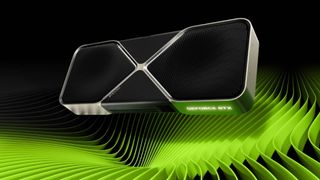
A lot has changed within the best graphics card scene since the RTX 3080 and its siblings arrived. It was once revered as an excellent GPU with balanced abilities for its price. I'd argue it still is to this day, but since you'll soon be able to buy an RTX 5070 with similar capabilities to the GeForce RTX 4090, it's perhaps time to start chatting about gaming PC upgrades.
That's not to say you should immediately go and swap your RTX 3080 for a shiny new RTX 5080. Even before we get to the idea of Frame Generation potentially coming to Ampere in the future, Nvidia has confirmed its updating its DLSS 4 model for cards as far back as the RTX 20-series. Basically, you'll still have access to the AI Super Resolution portion of the tech, DLAA, and even Ray Reconstruction, so you'll have plenty of tricks to boost performance and enhance your visuals.
There are largely two things I'd look at as a PC player before upgrading your graphics card to a new-gen model. The first is whether or not you're actually struggling to run games using your current gaming monitor. Those of you still using a 1080p or 1440p screen are going to have a much easier time combatting troublesome system requirements now and in the future, whereas itching to play new romps at 4K will start to feel the pressure.
Sign up to the 12DOVE Newsletter
Weekly digests, tales from the communities you love, and more
If you happen to have a 12GB RTX 3080, the extra VRAM will help you enjoy higher resolutions and textures than with the 10GB. However, the 16GB GDDR7 modules included with the RTX 5080 will give you a bit more headroom. Of course, features like DLSS 4 will also take a lot of extra stress off of the new 80-series contender, and while some of you might wonder why the 80-series card isn't matching the RTX 4090 on memory, you might not need it in practice.
Simply put, if you're struggling to boost fps right now on the RTX 3080 using your preferred settings, it might be time to consider a new RTX 50-series card. It doesn't have to be an RTX 5080, but typically speaking, sticking with the same GPU tier means it'll directly cater to a higher end experience. Yes, the RTX 5070 will pull off phenomenal tricks using DLSS 4, but unless it comes really close to its sibling during testing, it'll still be the proper pick for solid 4K performance.
Looking for more components? Swing by the best RAM for gaming and the best CPU for a rig revamp. Alternatively, take a peek at the best gaming handheld for systems you can take on the go.

I’ve been messing around with PCs, video game consoles, and tech since before I could speak. Don’t get me wrong, I kickstarted my relationship with technology by jamming a Hot Wheels double-decker bus into my parent’s VCR, but we all have to start somewhere. I even somehow managed to become a walking, talking buyer’s guide at my teenage supermarket job, which helped me accept my career fate. So, rather than try to realise my musician dreams, or see out my University degree, I started running my own retro pop culture site and writing about video games and tech for the likes of TechRadar, The Daily Star, and the BBC before eventually ending up with a job covering graphics card shenanigans at PCGamesN. Now, I’m your friendly neighbourhood Hardware Editor at GamesRadar, and it’s my job to make sure you can kick butt in all your favourite games using the best gaming hardware, whether you’re a sucker for handhelds like the Steam Deck and Nintendo Switch or a hardcore gaming PC enthusiast.

